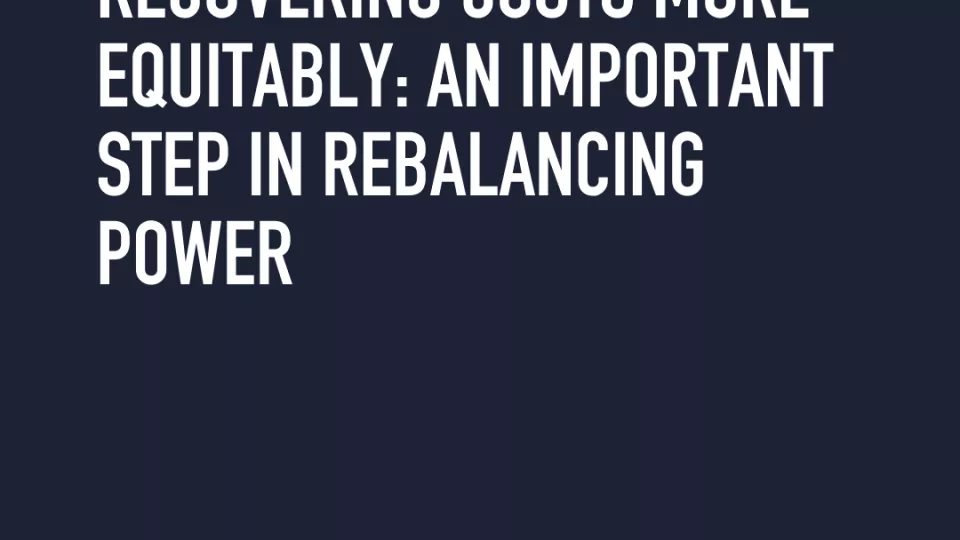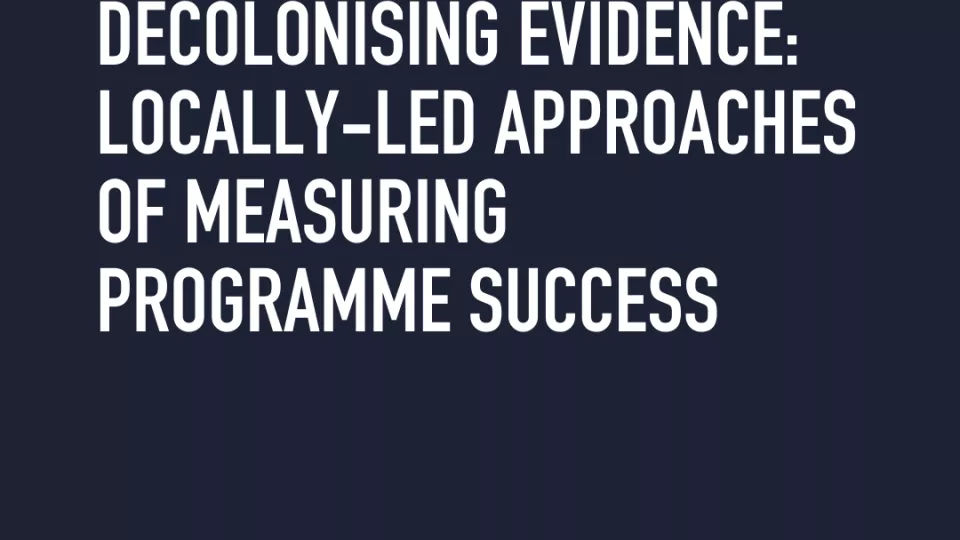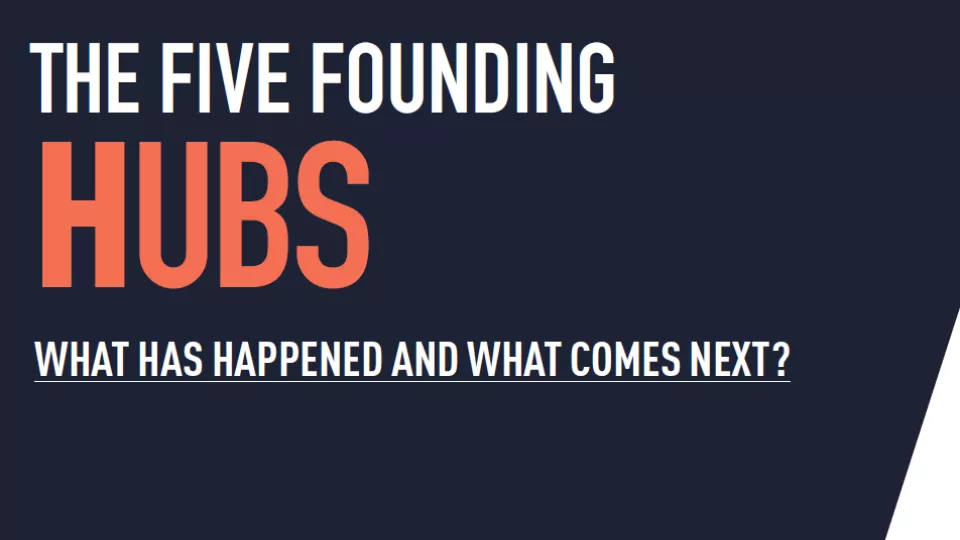
Start Network Assembly 2021: Quality partnerships from the perspectives of local and national actors
Takeaways from the 2021 Start Network Assembly Explore session: Quality partnerships from the perspectives of local and national actors This interactive session explored what quality partnerships could look like between Start Network members and local partners. It explored what local partners perceive to be important values, and how to achieve these, especially trust, flexibility, and transparency. The session included a presentation of main findings from the survey, a panel discussion, and breakout rooms with participating INGOs and L/NNGOs. The panellists were local partners: Nanette Antequisa (ECOWEB, the Philippines) Muleneh Tesfaye (Caritas Ethiopia) and Lynn Walker (Tree of Life, Zimbabwe). The session was facilitated by Lola Gostelow (an independent humanitarian and associate of the Partnership Brokers Association). The session was based on a survey of 98 local organisations and their experiences working with Start Network members, or directly with Start Network.



